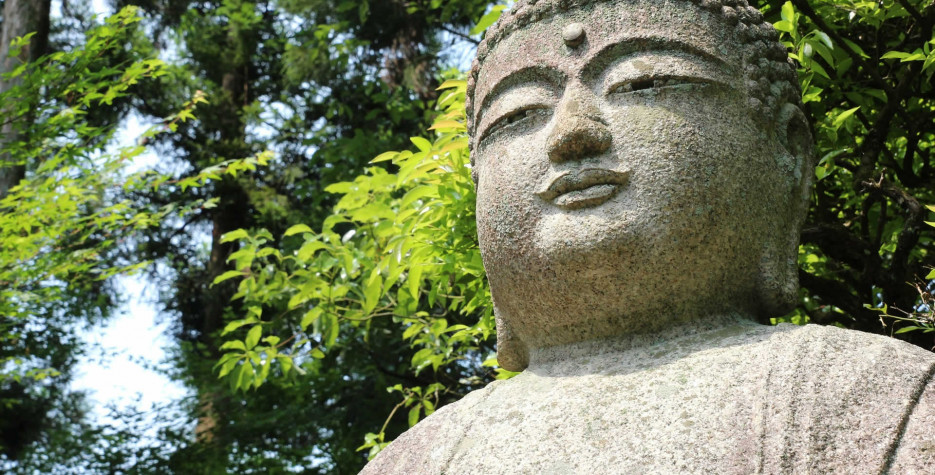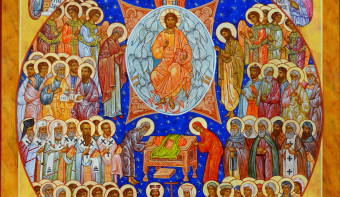About Bodhi Day
Bodhi Day marks the occasion when the Buddha, Siddhartha Gautama, reached enlightenment under the Bodhi tree. Bodhi Day is celebrated across the world, but primarily in countries with large Buddhist populations such as China and Japan.
There are many Buddhist sects worldwide, and this Buddhist holiday can be celebrated in different ways at different times. Due to the nature of the Chinese lunar calendar, Bodhi Day in China is usually celebrated in January. Bodhi Day, for much of the Western World and Japan, is observed on December 8th. Generally, it falls between the winter solstice and the lunar new year.
In Japan's Zen Buddhist schools, it is known as "Rohatsu," meaning the 8th day of the 12th month, Mitchell said. In some other schools, it is called Jodo-e.
Customs regarding the observance of Bodhi Day vary from country to country. Some merely meditate on the teachings of the Buddha. Others hang colored lights or decorate trees much like Christmas. Traditional meals vary by region as well though many choose to prepare meals with milk and rice to signify the first meal the Buddha ate after attaining enlightenment.
Despite differences in traditions, the focus of celebrations is on Gautama Buddha’s achievement of enlightenment, or Nirvana, and how that impacts followers of Buddhism today.
Buddhism is the world's fourth-largest religion after Christianity, Islam and Hinduism. Most Buddhists live in the Asia-Pacific region.
Celebrations are typically quiet, with people marking the day with meditation, chanting, studying Buddhist text, and being kind to those around them. Tea and cake may be served during readings and other ceremonies.
How is Bodhi Day celebrated?
Observances vary, but celebrants pray and read scriptures (sutras). Some decorate trees with colorful lights or candles, symbolizing Buddha's enlightenment, and have special family meals. Others engage in acts of kindness and generosity (dana) to reflect on the Buddha's teaching and improve their karma.
What does Bodhi mean?
"Bodhi" comes from a verb in Sanskrit and Pali that means "to awaken" or "awakened." In Buddhism, it's generally understood to mean "enlightenment."
Siddhartha Gautama spent years seeking the answer to the problem of suffering. Finally, he attained awakening and became the Buddha while meditating under a peepal tree in Bodh Gaya, a village in the northeastern Indian state of Bihar.
"He was determined not to arise until he had solved the problem. Seated at the base of the Bodhi tree, facing East, he began a meditation that was to last through the night," said Philip Almond, emeritus professor at the Institute for Advanced Studies in the Humanities at Australia's The University of Queensland.
Similar Observances
Ascension ✝️
Read More
Eid Al Adha 🕋
Read More
Pentecost Sunday
Read More
Eastern Orthodox All Saints Day ☦️
Read More
Other Observances on December 8th 2025
National Blue Collar Day
Read More










